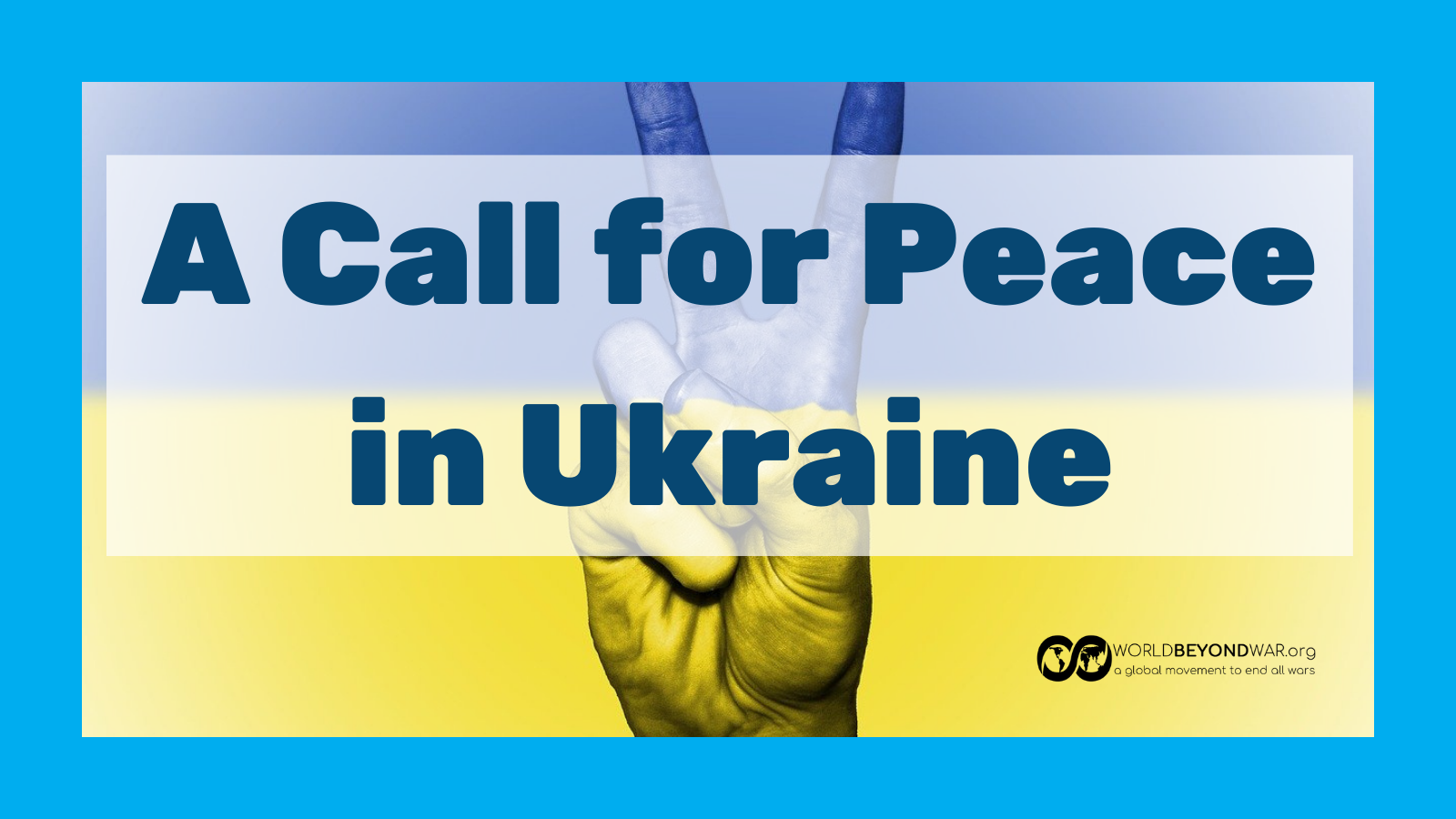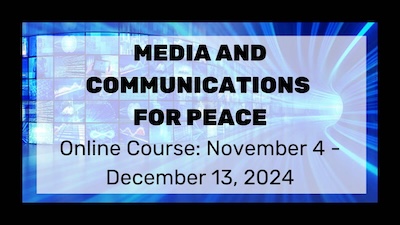
By David Swanson, World BEYOND War, July 10, 2023
On Monday the New York Times argued in favor of continuing the war and supplying weapons for the war in Ukraine but not cluster bombs:
“However compelling it may be to use any available weapon to protect one’s homeland, nations in the rules-based international order have increasingly sought to draw a red line against use of weapons of mass destruction or weapons that pose a severe and lingering risk to noncombatants. Cluster munitions clearly fall into the second category.”
It is of course a positive thing for the New York Times to have some limit, and to reach that limit prior to reaching nuclear apocalypse, and to report in doing so on the related lies of the U.S. military. And I really don’t care whether they claim something called the “rules-based international order” exists, even if they do seem to finally be admitting that the United States is not a member of it.
It is also a positive thing for a tiny fraction of Congress Members to rhetorically object to sending cluster bombs to Ukraine. My concern is with where they and the New York Times draw their line, where their limit is finally reached.
If “protecting one’s homeland” does not justify absolutely anything (as it does for nuclear weapons proponents, for example, arguably reaching self-contradiction in justifying the destruction of everyone’s “homelands”), then it is up to us to determine what it does not justify. The notion that it justifies massive warmaking — and sabotaging of peace efforts — but not cluster bombs or perhaps chemical weapons and maybe not biological weapons (but Depleted Uranium weapons and at least the threat of nuclear weapons seem to make the cut) depends on major misconceptions. In fact, the lying by the purported leader and originator (but non-member) of the Rules Based Order is consistent across all aspects of the war, not just the dud-rate of cluster bombs.
First, this flawed moral logic is dependent on the misconception that the war in Ukraine isn’t generally killing huge numbers of civilians, so that cluster bombs can create a change from slaughtering acceptable non-civilians to slaughtering unacceptable civilians. This is false. The war is killing huge numbers of civilians with all kinds of weapons. And many of those weapons will go on killing for years even if the war ends, through the destruction and poisoning of the environment.
Second, this flawed moral logic is dependent on the atrocious idea that killing non-civilians is perfectly fine. Non-civilians are people, men and women with families and friends, blood and guts, hopes and dreams. In this war, on both sides, they are mostly men who have been compelled by force of propaganda, social pressure, and threat of prison to cease being civilians. Imagine demanding that someone make himself an acceptable target for murder. Of course, each side will claim that those forced to participate on one side are perfectly acceptable targets and those on the other side are saints and heroes by no means available for shredding their flesh with high-tech weapons. But a rules-based order should do better than that.
Third, this war is starving and harming civilians and non-civilians alike, within Ukraine and Russia and across the globe. It is depriving people of food, clothing, medicine, and shelter. The majority of direct, violent victims of wars in recent decades are civilians. But the overall majority of the victims of these wars live and die far from the combat and are hardly given a passing thought. Tiny fractions of the resources going into this war could transform the lives of billions of people.
Fourth, there are always alternatives to war. Even in the middle of war, there are wiser options.
Did the New York Times oppose the use of U.S. cluster bombs in Iraq or Afghanistan? I hope so. I don’t remember it supporting our protests over the years at the U.S. factories producing them, or our demand that they be eliminated. But how ever a limit is reached, it is good that there is one. Reaching such a limit should be an occasion to reconsider. If you’re going to have a limit, why not have it in the best place?
Even without reconsidering, in supporting the war henceforth, the New York Times will be supporting a war that has crossed over its “red line.” Ought that not to be a reason to advocate for peace negotiation?








